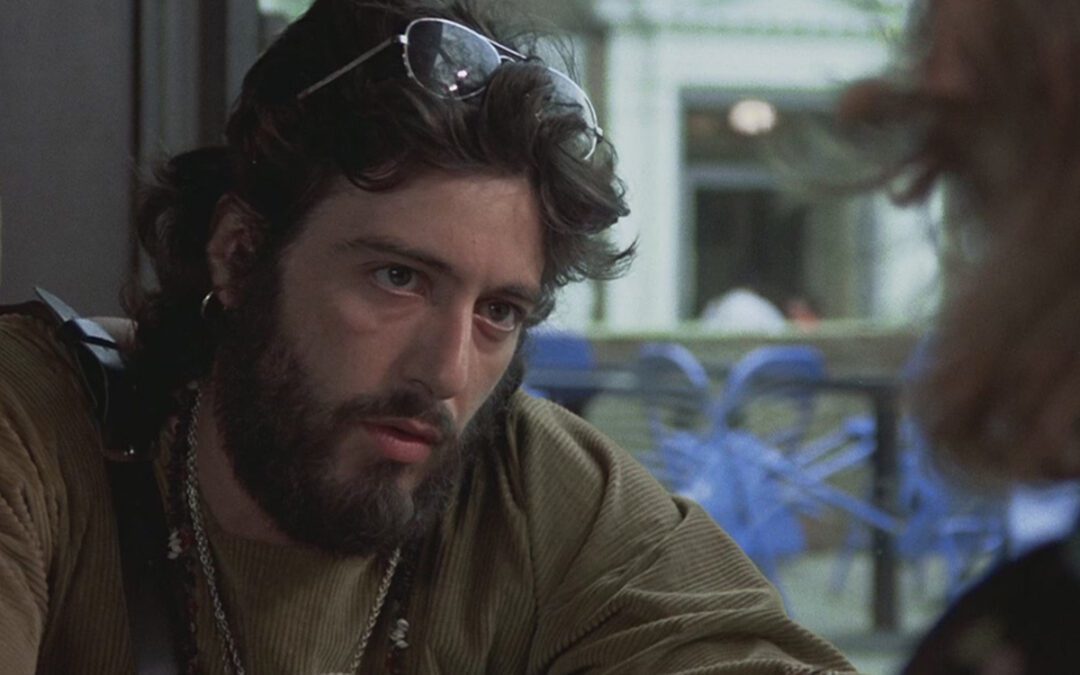
WHY 1973 WAS THE YEAR SIDNEY LUMET TOOK ON POLICE CORRUPTION
NOTE: This article is a republication- Source: CrimeReads (by Andrew Nette).
The Knapp Commission into corruption in the New York City Police Department started public hearings on October 19th, 1971. Established by then mayor John Lindsay, the proceedings were televised live on public television across the five boroughs of New York and covered in the print media. The Commission’s final report, handed down in December 1972, was damning. Months of testimony from low level pimps and narcotics dealers who paid regular bribes to the police in return for protection, to police whistleblowers, and the flamboyant escort and madam Xaviera Hollander, revealed that the city had a sixth organized crime family in addition to the Gambino, Lucchese, Genovese, Bonanno, and Colombo operations: the NYPD. Police corruption was systemic and pervasive, including shaking down gambling, narcotics, loan sharking, and prostitution operations, the proceeds from which were distributed from ranking officers to foot patrolman. The situation was particularly bad in the city’s Black neighbourhoods, where the still overwhelmingly white force extorted businesses – legal and illegal – backing up this graft with violence and brutality.
But when the Commission’s report was released, the police denied any wrongdoing. Then police union president Robert McKiernan gave a press conference in which he dismissed the report as “a fairy-tale, concocted in a whorehouse and told by thieves and fools.”
One person who had clearly been following the Commission was the Philadelphia-born, Lower East Side of Manhattan raised film director, Sidney Lumet. It is no coincidence he bookended 1973 with two incredibly gritty police neo-noirs. Released in the US in December 1973, Serpico was the first of a quartet of films directed by Lumet – the others being Prince of the City (1981), Q&A (1990) and Night Falls on Manhattan (1996) – that chronicled the changing face of New York and corruption in its police force. The second, much lesser known film, which premiered in London at the beginning of 1973, was the US/UK co-production, The Offence. While on one level very different films, set on two sides of the North Atlantic, both delved deeply into the underbelly of police corruption and brutality. Both contained portrayals of individual law enforcement officers pushed to the edge of their sanity by the harsh reality of their jobs. And both can be seen very much as filmic responses to the avalanche of police graft and abuse of power revealed by the Knapp Commission.
To read the full article click here